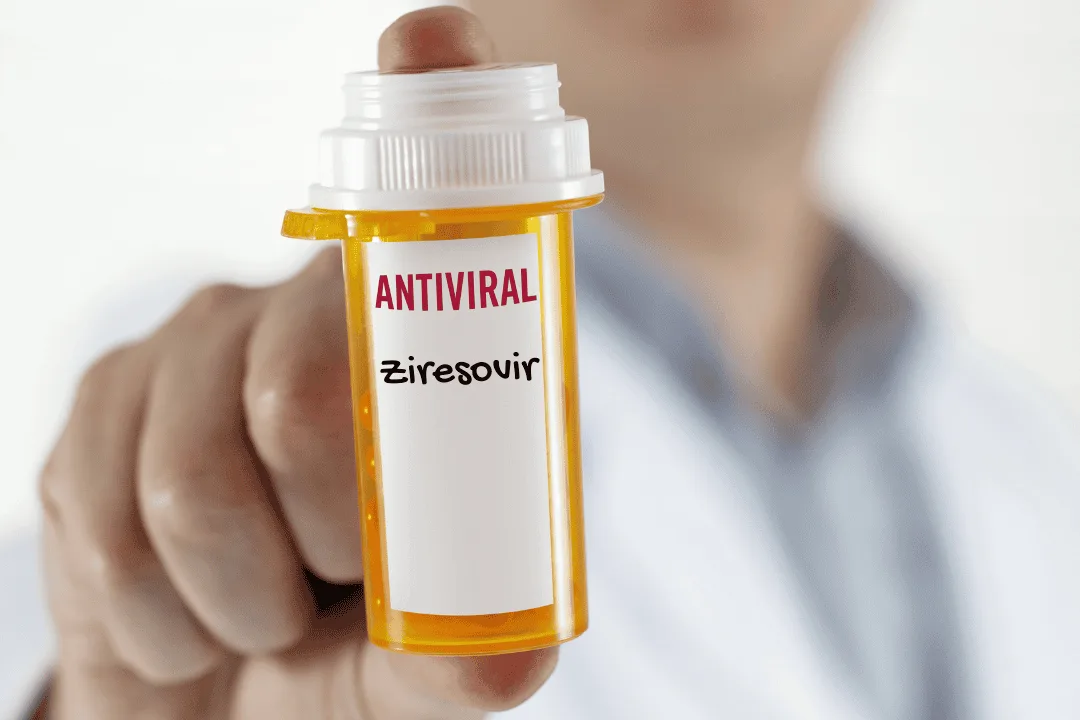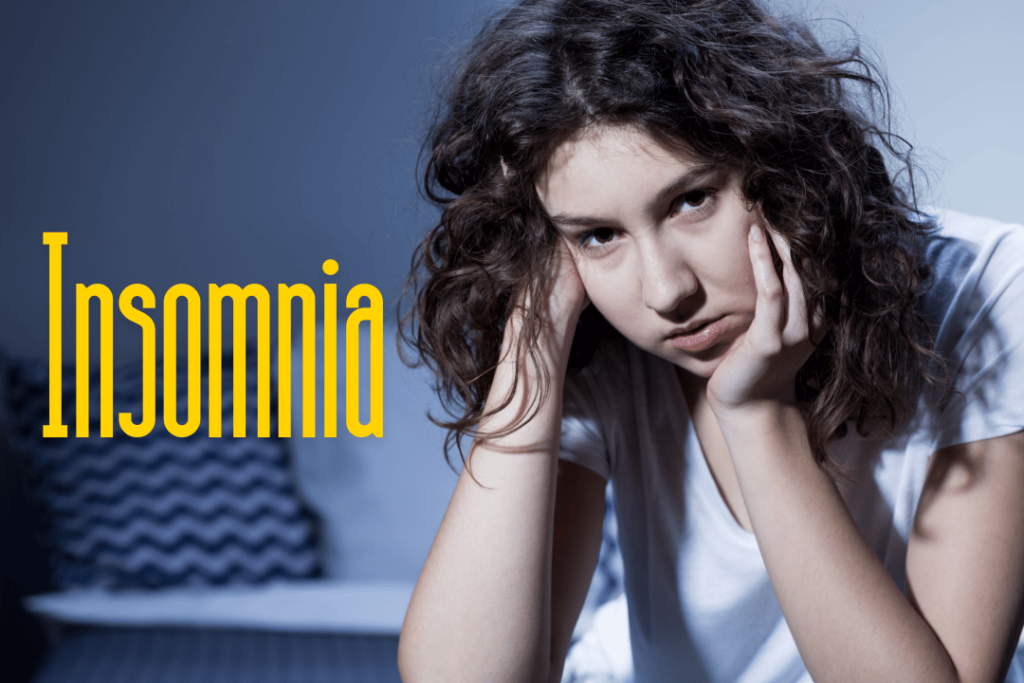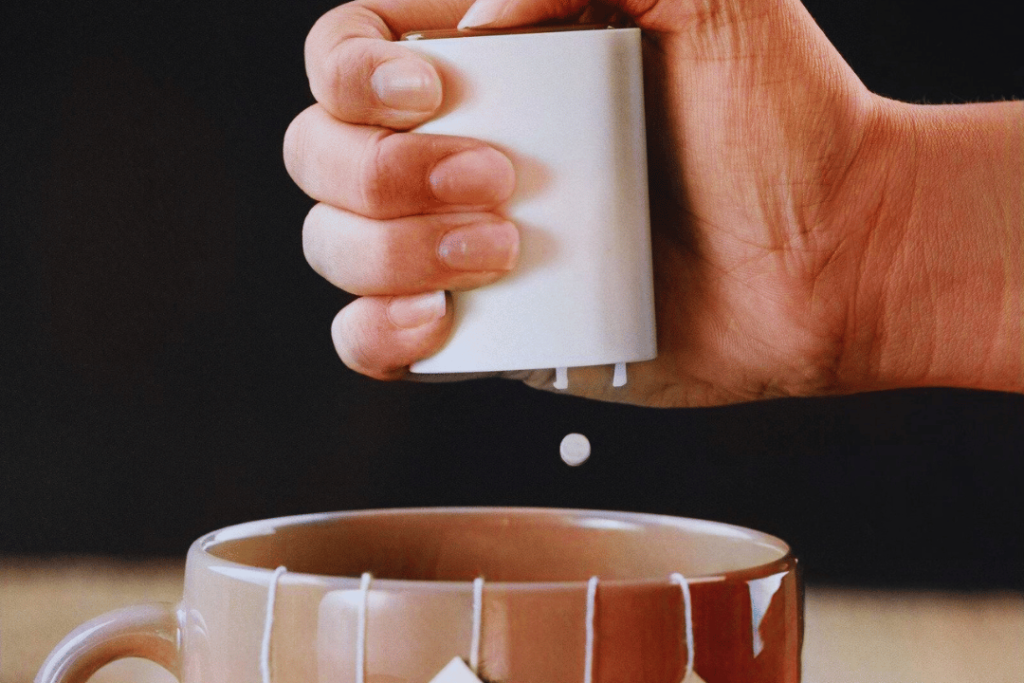Respiratory syncytial virus (RSV) is a virus that many people have likely never heard of, but it’s one of the leading causes of illness in young children worldwide. It infects the lungs and respiratory system and can be particularly dangerous for infants. Each year, RSV is responsible for millions of hospitalizations and tens of thousands of deaths among children under five. What’s most concerning is that, up until recently, there have been very few treatment options for those suffering from severe RSV infections. However, a new study might be changing that, offering hope for families around the world.
This research, published in The New England Journal of Medicine, focuses on a potential new treatment for RSV: ziresovir. This medication, which specifically targets the RSV virus, has shown promise in reducing the severity of symptoms in young children hospitalized with the infection. The clinical trial was conducted in China and involved over 300 children between the ages of 1 and 24 months, all of whom were suffering from RSV. The study compared the effects of ziresovir to a placebo (an inactive substance) and found some exciting results.
One of the key findings was that children who were given ziresovir experienced a faster reduction in the severity of their symptoms compared to those who received the placebo. To measure this, researchers used something called the Wang bronchiolitis clinical score, which essentially rates how severe a child’s symptoms are, such as difficulty breathing and wheezing. On average, children who were treated with ziresovir saw their clinical scores drop more quickly than those given the placebo. By day three of treatment, the symptoms in the ziresovir group had improved by an average of 3.4 points on the clinical score, compared to 2.7 points in the placebo group. This may sound like a small difference, but when dealing with fragile infants struggling to breathe, every bit of improvement matters.
The results didn’t just stop at symptom relief. The study also found that ziresovir was effective at reducing the amount of virus in the children’s systems. By the fifth day of treatment, those who had received ziresovir had a significantly lower viral load, meaning there was less RSV virus present in their bodies. This is important because a lower viral load generally means the body is fighting off the infection more effectively. The study’s lead author, Dr. Shunying Zhao, highlighted this point: “The reduction in viral load with ziresovir provides strong evidence that we’re not just treating the symptoms but actively targeting the virus.”
For parents and caregivers, one of the biggest concerns during an RSV infection is the risk of complications. Severe cases can lead to pneumonia, bronchiolitis, and even the need for intensive care. While this study didn’t find a massive reduction in the need for intensive care unit (ICU) treatment, there were positive trends. Children in the ziresovir group who did require ICU care generally spent less time there compared to those in the placebo group. This suggests that while ziresovir might not completely prevent the need for intensive care, it could shorten the duration of critical illness, helping babies recover faster.
What’s particularly encouraging about ziresovir is its safety profile. In the study, the number of side effects in the ziresovir group was similar to the placebo group, and the types of side effects reported were generally mild. The most common side effects were things like diarrhea and mild rashes, which were reported in only a small percentage of cases. Severe side effects were rare and were not significantly higher in those receiving ziresovir compared to those given the placebo. This is a crucial factor, especially when dealing with infants and toddlers who are already vulnerable due to their young age.
What does this mean for the future of RSV treatment?
Currently, there are very few options available for young children who contract RSV. Ribavirin, one of the only approved treatments, is not widely used due to its limited effectiveness and concerns over safety. Palivizumab, an antibody treatment, is used as a preventive measure in high-risk infants but doesn’t treat active infections. Ziresovir, if approved, could fill a significant gap by offering a treatment specifically targeting RSV during the active infection stage. “This could be a game-changer in how we approach RSV infections in infants,” says Dr. Jim Wu, one of the study’s co-authors. “Instead of just managing symptoms and hoping for the best, we would have a tool that directly combats the virus.”
While this study is promising, there are still many questions to be answered before ziresovir could become widely available. For one, the trial was conducted entirely in China, and while the results are encouraging, there’s always the question of whether the findings will hold true in different populations and healthcare settings. Additionally, as with any new medication, there will need to be long-term studies to ensure that ziresovir is not only effective but also safe for use over extended periods, especially in vulnerable populations like infants.
Looking forward, there’s also the potential for ziresovir to be used alongside other emerging treatments. The recent development of new RSV vaccines for pregnant women and older adults is a step forward in preventing infections, but for those infants who do get sick, having a treatment like ziresovir could drastically improve outcomes. The combination of preventive vaccines and effective treatments could one day make severe RSV infections much less common and much less dangerous.
For more information, visit: https://doi.org/10.1056/nejmoa2313551



